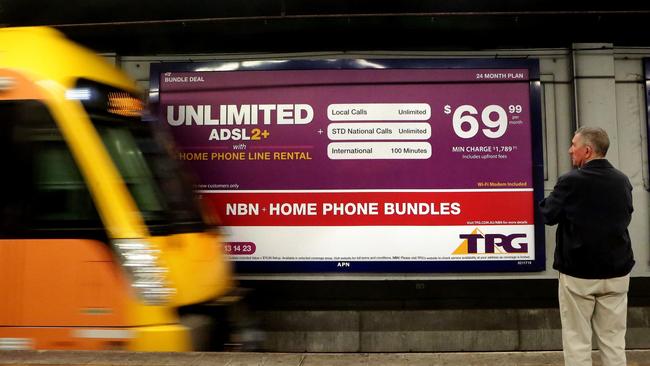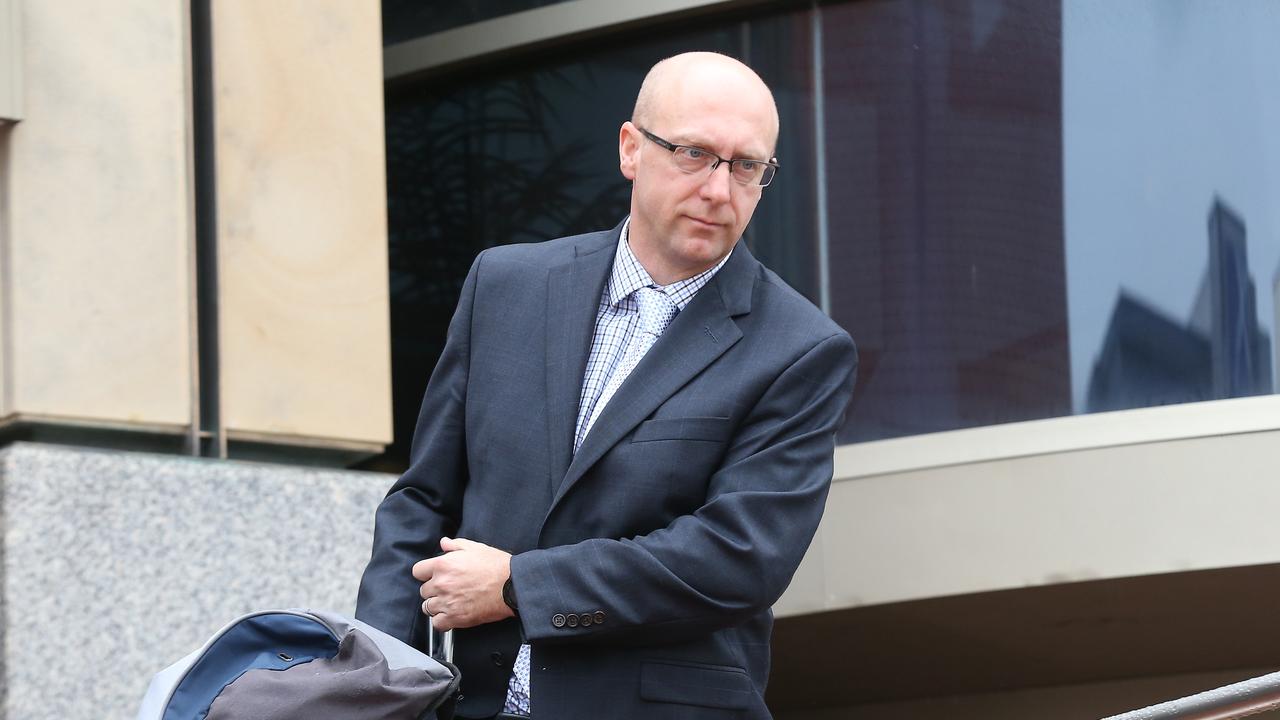TPG-Vodafone case could be decided by year’s end as September hearing proposed
A battle over the blocking of Vodafone’s $15bn TPG tie-up could be decided by year’s end.

Vodafone’s legal challenge to a decision by the competition regulator blocking its $15bn merger with TPG may be decided before the end of the year after a judge said he could hear the case in September.
Federal Court judge John Middleton, who also heads the Australian Competition Tribunal, said the merger was “a very significant competition case so we’re working to a backdrop of trying to get it determined as quickly, consistent with the interests of justice obviously, as we can.”
Justice Middleton set a September 10 start date for the three-week trial after the Australian Competition & Consumer Commission pushed for November 4, while Vodafone and TPG wanted to begin on August 26.
At a hearing in Melbourne yesterday morning, Vodafone and TPG argued the earlier start date was important because delay would cost them money, with counsel for TPG, Ruth Higgins, SC, telling the court the company held $1.2bn in spectrum licences that were falling in value because they had a limited life.
“There is a real cost to TPG of time at this point,” she said.
However, counsel for the ACCC, Michael Hodge QC, said the regulator continued to believe there was a “real chance” that TPG would roll out its own mobile network if it was prevented from merging with Vodafone — something TPG denies. This was the key issue to be determined by the court, he said.
“Whilst the commission accepts that the merging parties have a strong commercial interest in having this resolved as soon as possible, and the ACCC and the court have a strong interest in having this resolved as expeditiously as possible … the commission has taken the view that it’s put publicly and that it’s put to the merging parties that there’s a real chance that TPG will roll out a mobile network,” Mr Hodge said. “If the merging parties are wrong and there’s a real chance, then allowing the merger to go through has great national significance because it eliminates the possibility there will ever be a fourth mobile network, at least in the near future.”
This would have “profound social consequences”, he said.
He said TPG was rolling out its own network when the ACCC originally knocked back the merger.
However, Dr Higgins said TPG could no longer use technology from controversial Chinese tech giant Huawei and lacked a supplier that could help it build a network “in a timely fashion”.
She said TPG’s position remained unchanged since January 29, when it told the market it was stopping the rollout because of a government ban, imposed in August, on using Huawei technology in 5G networks.
Counsel for Vodafone, Robert Yezerski, told the court that the companies were originally happy with the November 4 date and only pushed for a quicker start after Justice Middleton said he could hear the case earlier.
“These proceedings are very significant proceedings which ought be determined as quickly and expeditiously as possible, bearing in mind the need for a realistic amount of time for the hearing and the court being in a position to consider the issues,” he said.
Vodafone and TPG went to the Federal Court after the ACCC rejected their proposed merger, after a lengthy deliberation, saying the move would reduce competition in the market.
According to the regulator, the entry of TPG as an independent fourth mobile operator is crucial for better consumer outcomes.
However, both TPG and Vodafone argue that the Australian government’s move to effectively ban Chinese telecoms supplier Huawei from supplying 5G equipment has weakened their ability to compete effectively in the 5G market as independent operators.
According to the telcos, combining their respective fixed and mobile network assets will create a third operator powerful enough to compete more aggressively in the market.



